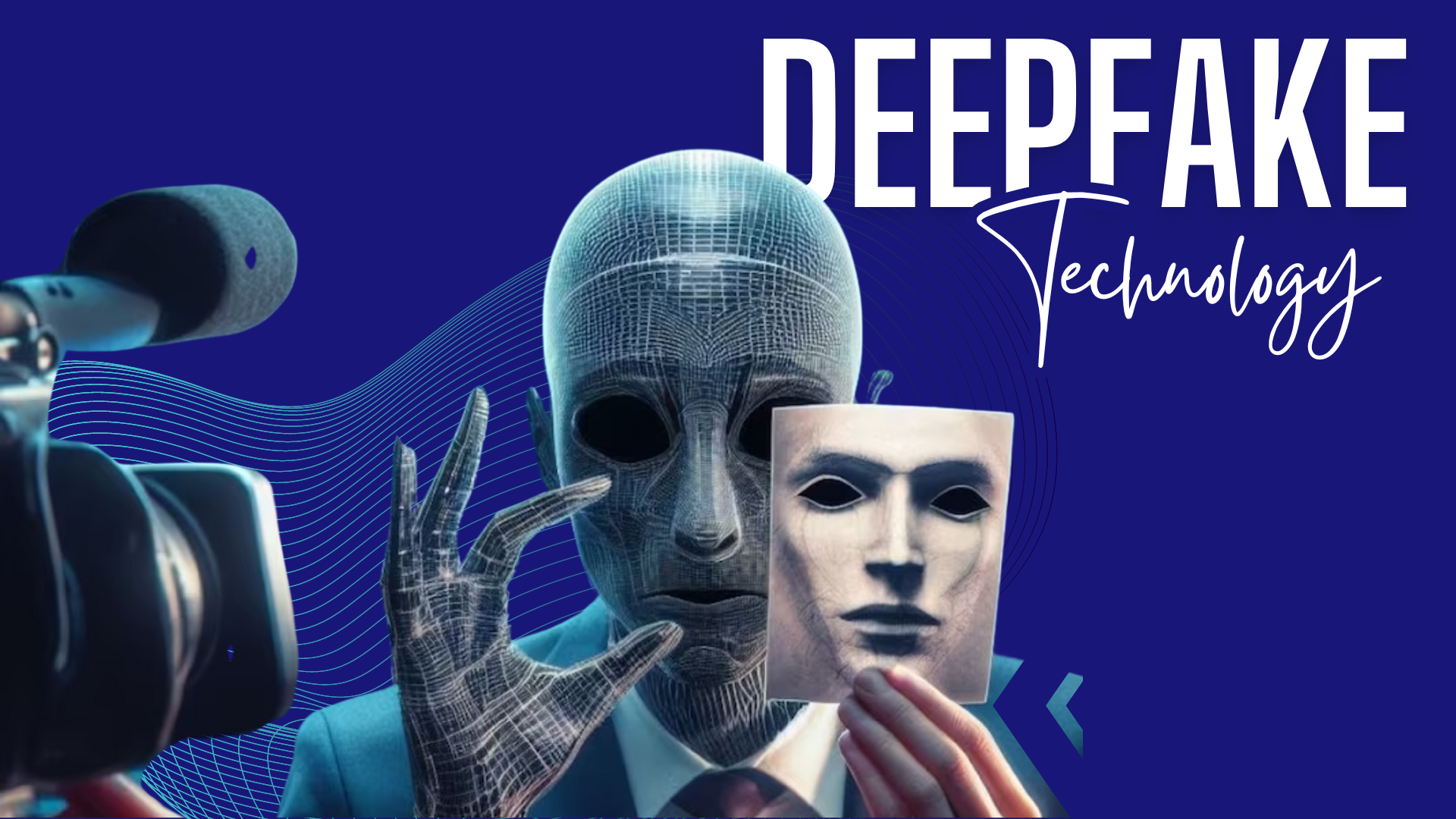Latest News
The Art of Deception : Spotlight on Deepfake and Its Social Engineering Masterstroke

Protecting Your Business from Deepfake Dangers: Strategies and Insights
Imagine you're engaged in a video conference with your company's CFO, and within moments, you're swindled out of a staggering $39 million. This isn't a scene from a high-tech heist movie; it's the chilling reality of modern-day social engineering, powered by deepfake video technology.
In a shocking incident in London, a finance professional was conned into transferring $39 million to fraudsters during a "deepfake" video call. The scammers deployed artificial intelligence to mimic the appearances and voices of his colleagues, including his UK-based Chief Financial Officer. The Hong Kong authorities, who brought this case to light, revealed that the scam was orchestrated using AI to create eerily accurate digital replicas of the victim's coworkers. The fraud is among the largest of its kind, leveraging deepfake technology to deceive.
This groundbreaking scam involved multiple fake personas in a single video call, a first of its kind, according to Hong Kong police. "For the first time, we're seeing a scam where every participant in a video conference is a fabrication," remarked acting Senior Superintendent Baron Chan Shun-ching. The finance worker initiated 15 transactions to five different bank accounts before doubts set in, prompted by a suspicious email purportedly from his CFO.
The Intricacies of Deepfake Technology
Deepfake technology uses advanced AI to generate highly convincing fake videos or audio clips, showcasing individuals doing or saying things they never actually did. Recent advancements in AI have significantly improved the realism of deepfakes, making it a potent tool for impersonators and scammers. This technology can clone a person's voice with just a few seconds of their voice clip, paving the way for unprecedented phishing attacks.
Safeguarding Your Business Against Deepfakes
The recent $39 million scam is a stark reminder of the potent threat deepfake technology poses to businesses. But how can you shield your enterprise from such sophisticated attacks?
- Maintain a Comprehensive Cyber Security Strategy: Maintaining a robust cyber security strategy is crucial. This plan should encompass not only the technological but also risk assessment, incident response, and recovery procedures specific to your business.
- Fortify Your Cyber Security Defences: Enhance your cyber security solutions to prevent unauthorised access to critical data and systems.
- Cultivate Awareness and Training: Educate your workforce on the dangers posed by deepfakes. Provide comprehensive training on identifying and responding to potential deepfakes to prevent manipulation.
Discover how to effectively train your team and bolster your cyber security measures at CyberUnlocked.
As deepfake technology continues to evolve, staying ahead of these threats becomes paramount. By implementing sophisticated AI detection tools, strengthening your cyber security, and educating your team, you can protect your business from financial and reputational harm. The era of deepfakes demands vigilance and proactive defence strategies to navigate the complexities of digital deception.





